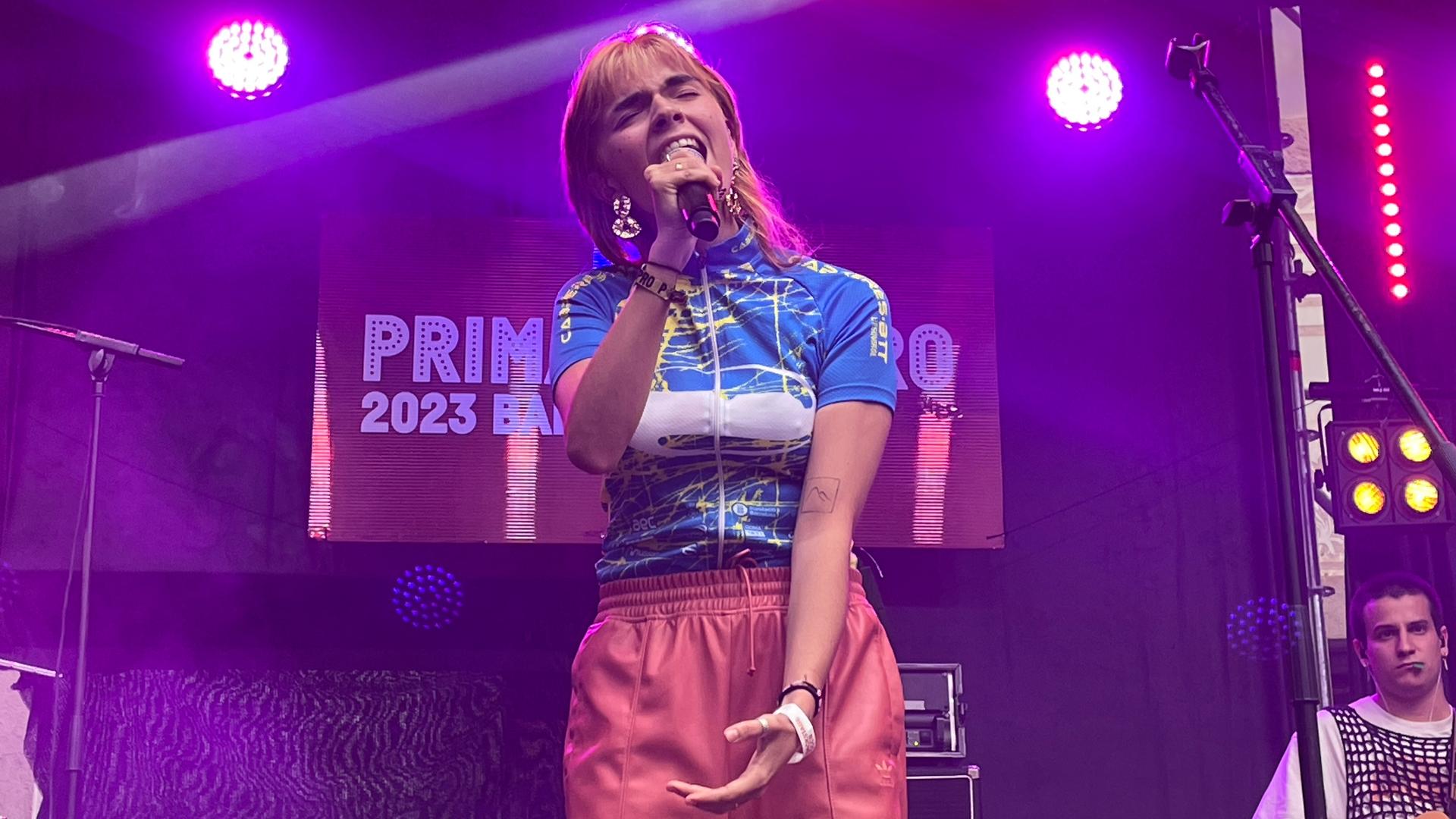During the first weekend of June, in Barcelona, Spain, as the Primavera Sound festival was drawing to a close, local pop star Rosalía took a break between songs to address the 70,000-strong crowd.
She recalled being among the public a few years ago, looking up to the artists on the festival’s main stage. “I dreamt of being a headliner,” she said.
Now, in the span of a week, Rosalía is headlining the Primavera Sound festival not once, not twice, but three times.
In addition to the Barcelona show, the artist performed at Primavera Sound’s Portuguese franchise in the city of Porto on Thursday and played in Madrid over the weekend for the first-ever edition of the festival in the Spanish capital.
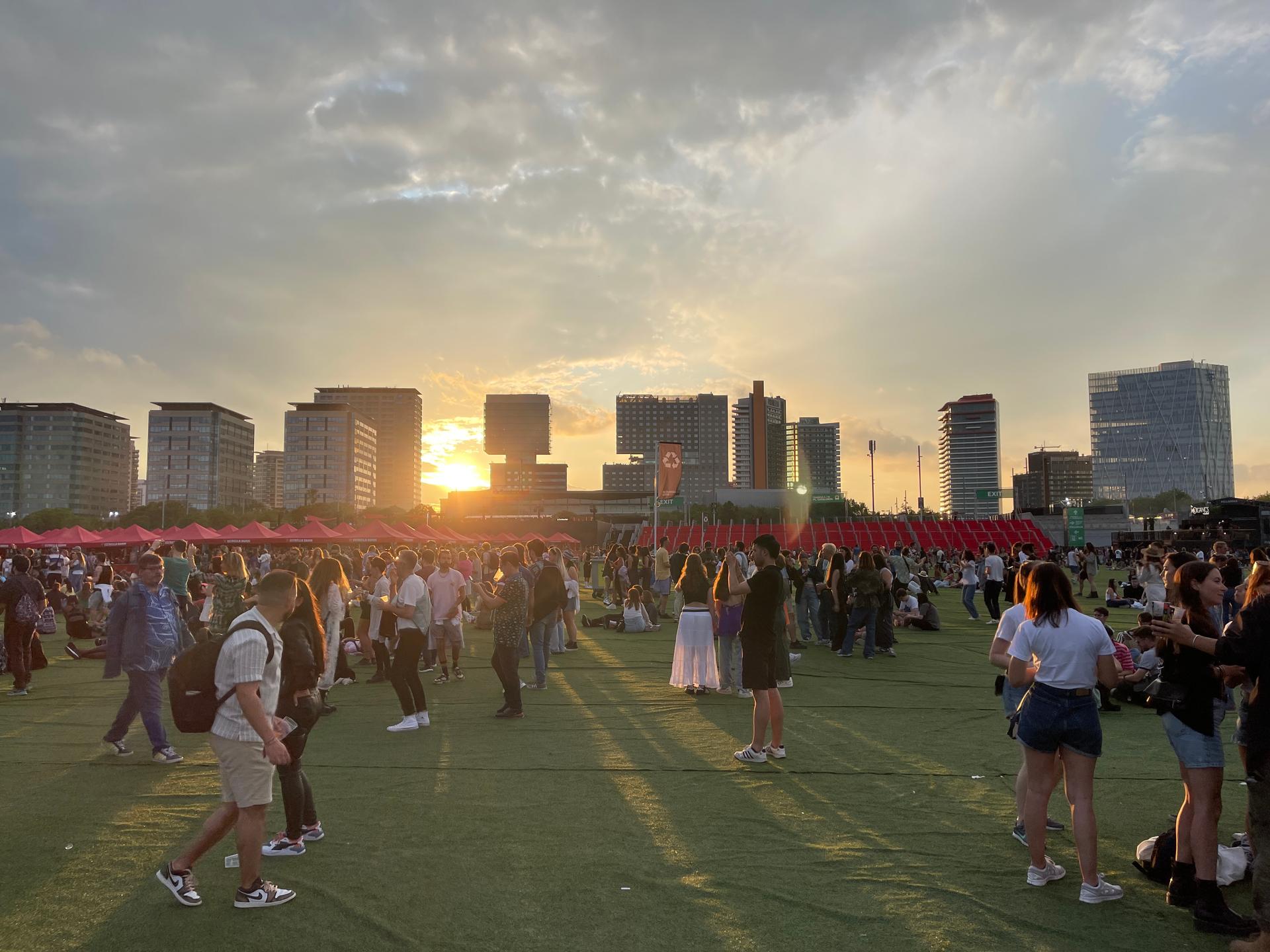
Later this year, during springtime in South America, Primavera Sound is also scheduled to hold back-to-back festivals in São Paulo, Brazil; Buenos Aires, Argentina; Bogotá, Colombia and Asunción, Paraguay.
By adding new locations and dates, even if repeating the exact same line-up, one of the biggest music festivals in Europe is growing even bigger.
The move echoes a larger industry trend: Coachella has been holding double editions for over a decade on consecutive weekends; Lollapalooza, which started in Chicago, now has six franchises in Europe and Latin America.
There are multiple reasons for expanding, starting with the most obvious: meeting demand.
Throughout its 21 editions in Barcelona, Primavera Sound has grown in size because more and more people want to attend, festival organizer Joan Pons told The World.
“Selling out is nice until you realize that 10,000 or 15,000 people are mad at you because they didn’t get any tickets,” said Pons.

Primavera Sound’s success is partly explained by Barcelona being one of the biggest tourist destinations in the world.
For Gemma Kaur-Brown, who traveled from the UK, Primavera Sound 2023 was both her first time at a music festival and in Barcelona. “The idea that I could basically kill two birds with one stone, like come to a festival for the first time and then come to Barcelona for the first time, was a no-brainer,” she said.
More than half of all attendees at the festival this year were foreigners, mostly from other European countries and the United States.
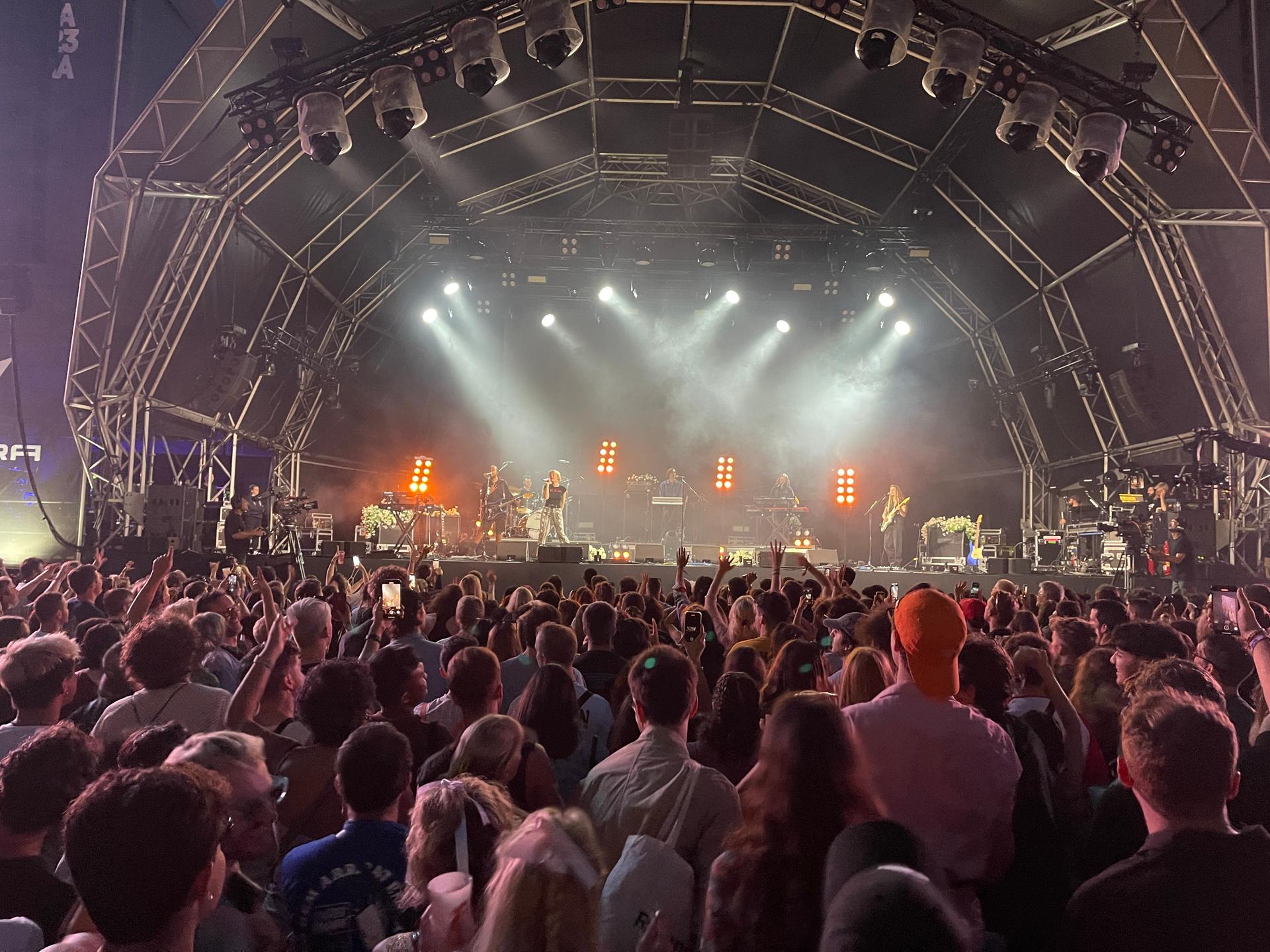
However, managing growth can be difficult. Last year, the festival returned from the pandemic hiatus in full force, with its first, and so far only, double edition in Barcelona. Nearly half a million people attended over two consecutive weeks, and many complained of huge crowds and long lines.
After disagreements with local authorities in Barcelona, the festival moved its second week to Madrid this year.
Another big reason festivals expand to new cities and repeat their line-ups is being more competitive when hiring artists.
“If you’re offering an artist just one show in a geographical area, it may not be worth it for them. Offering three gigs in a week, though, is more persuasive.”
“If you’re offering an artist just one show in a geographical area, it may not be worth it for them,” said Pons. “Offering three gigs in a week, though, is more persuasive.”
Apart from Rosalía, other artists performing at the various editions of Primavera Sound in Barcelona, Porto, and Madrid are US singer Halsey, Brit-pop legend Blur and US rapper Kendrick Lamar.
Scaling up also allows festivals to cut infrastructure and logistics costs, like setting up the stages, said Carlos Chirinos, a music and global health associate professor at New York University.
“Those setups cost the same if you use it once or if you use it three times or if you use it 10 times,” said Chirinos. “So, if you can have those costs and then repeat them, then you can increase your profit.”
Additionally, growing larger helps build a brand that can be recognized internationally — and good branding brings good sponsorship deals.
At Primavera Sound, company logos were everywhere. Each of the 16 stages was named after a sponsor, be it a bank, a beer label, a clothing store or a carmaker.
According to Chirinos, one of the biggest changes in the business of music festivals in recent times has been the availability of capital following the acquisition of major events by corporations like Live Nation and AEG Live, among others.
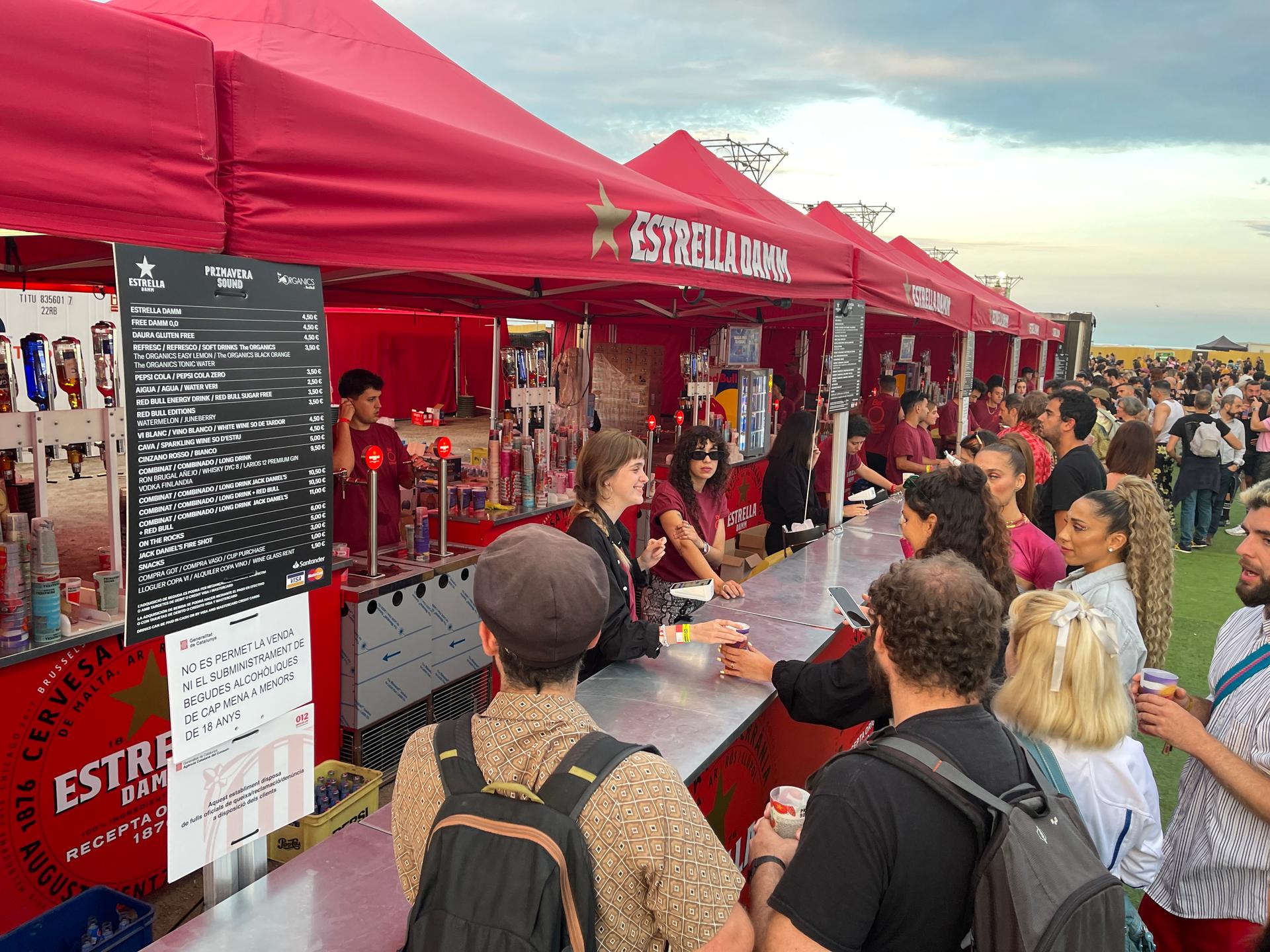
“In order for a festival to grow and build an audience, there needs to be consistency and repetition – ‘We’re going to do it this year, and then we’re going to do it next year and the year after,’” said Chirinos. “Festivals that do not have access to capital cannot guarantee that.”
In 2018, the Yucaipa Companies, a fund owned by US businessman Ron Burkle, bought a minority share of Primavera Sound. The festival stressed it remains independent.
But even with large sums coming in, festivals are becoming more expensive, even prohibitive for many fans.
Barcelona local Enric Ayguadé complained Primavera Sound was getting “too expensive” and recalled paying about $215 for this year’s early-bird tickets. “That’s what tickets cost a few years ago on the last day,” he said.
Ayguadé spoke of friends who used to attend the festival but decided to pass this year. “The price was definitely a thing that made them not come,” he said.
NYU professor Carlos Chirinos said the growing price of festival tickets is part of a larger story of how the internet radically transformed the music industry and its revenue sources upended.
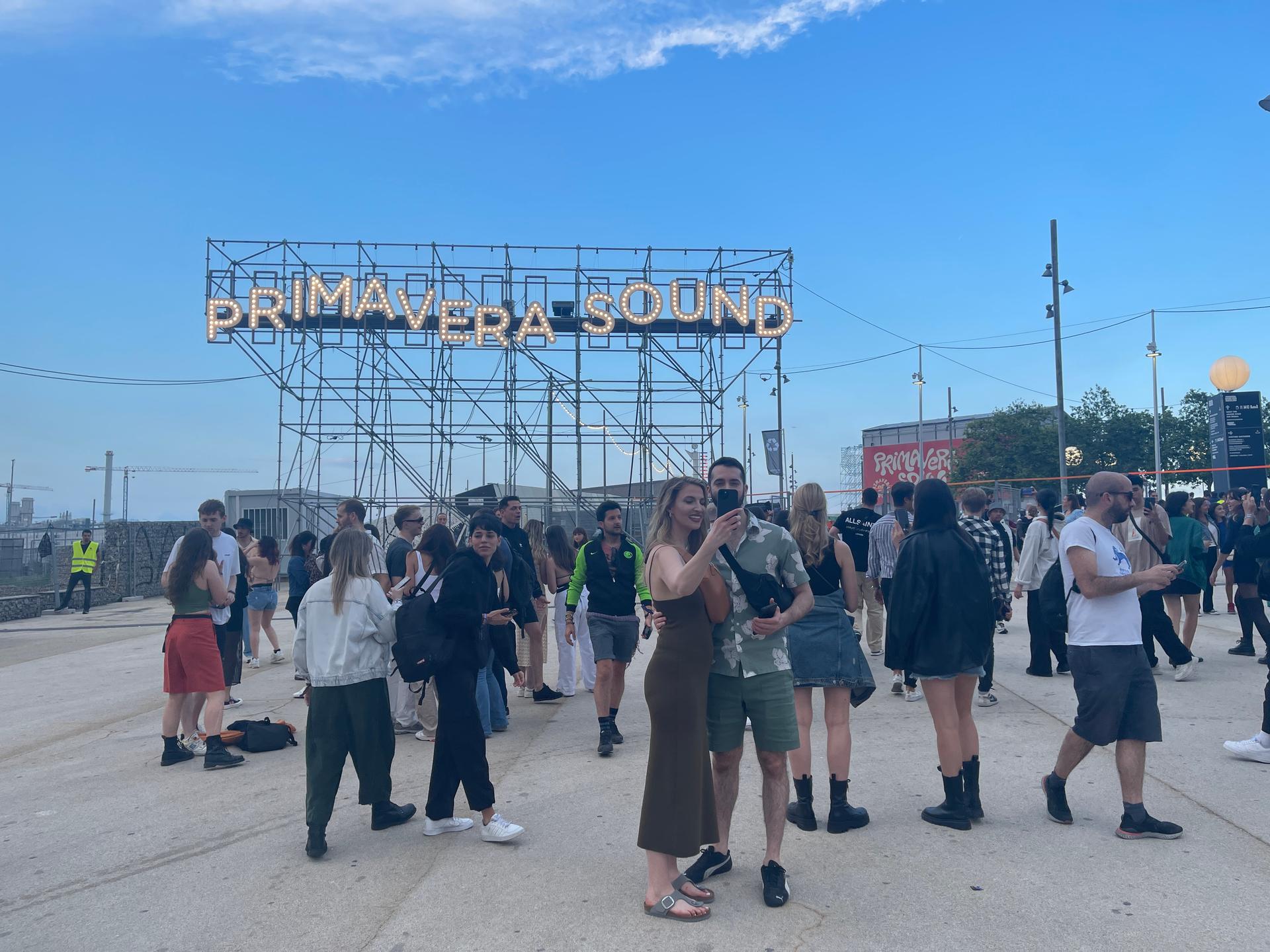
“The public does not give that much importance to recorded music anymore because it’s easy access. And that’s basic economic theory: If something is easy to access, you’re not prepared to pay for it,” he said.
With streaming services like Spotify and Youtube Music offering millions of songs for free, revenue from record sales has plummeted.
“However, [the] music experience in a live event has not changed. In fact, it not only hasn’t changed, it has improved,” said Chirinos. “The industry knows these and has increased the ticket prices.”
The craving for live music, if anything, increased following the pandemic.
“You can watch a live performance from home, from 15 different camera angles, but if you go to a concert, that’s something else,” said Primavera Sound organizer Joan Pons. “It’s a collective experience of being physically together with people who share the same passion.”
Related: Young people in Spain use punk rock to vent their frustrations
Our coverage reaches millions each week, but only a small fraction of listeners contribute to sustain our program. We still need 224 more people to donate $100 or $10/monthly to unlock our $67,000 match. Will you help us get there today?
